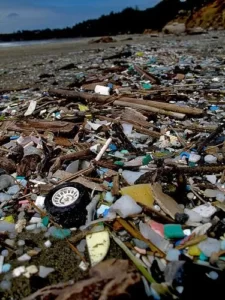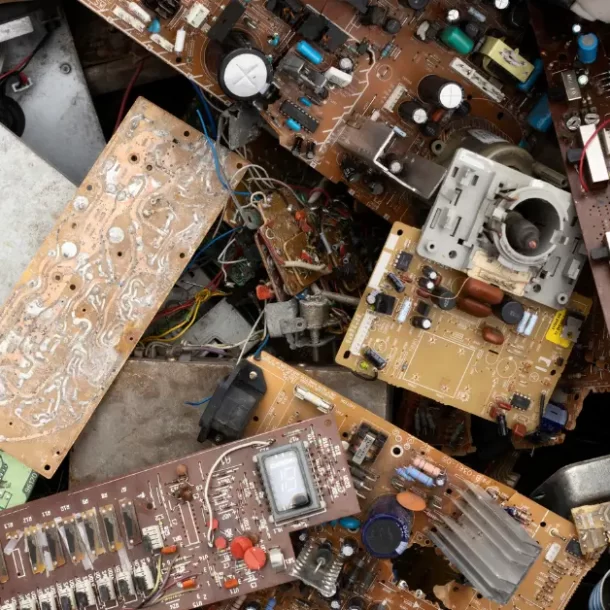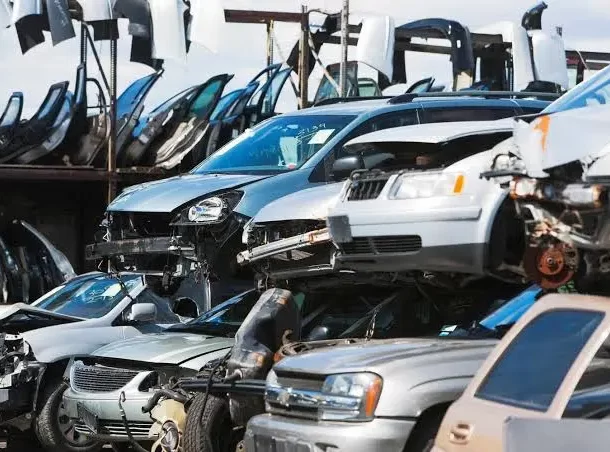
Problem of E-Waste and Its Impact on the Environment
E-waste is a major problem in today’s world, as electronic devices continue to be produced and disposed of at a rapid pace. Electronic waste, or e-waste, refers to any electronic device that is no longer in use and is being discarded, such as computers, smartphones, and televisions. This type of waste is highly hazardous to the environment, as it contains toxic chemicals and heavy metals that can contaminate the soil and water if not properly disposed of. The problem of e-waste has become particularly pressing in India, where the electronic waste management system is inadequate, leading to the dumping of e-waste in landfills and other areas.
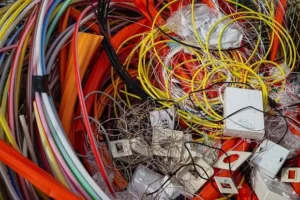
Challenges of E-Waste Logistics Solutions in India, Such as Inadequate Infrastructure and Lack of Awareness
One of the main challenges of e-waste logistics in India is the inadequate infrastructure for electronic waste management. There are very few e-waste recycling facilities in the country, which means that a large amount of e-waste is simply dumped in landfills. Another major challenge is the lack of awareness about e-waste and its impact on the environment. Many people in India are not aware of the importance of e-waste recycling, and as a result, they do not dispose of their electronic devices properly.
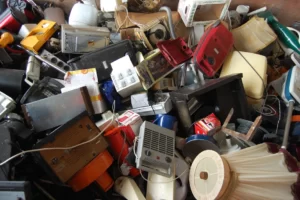
Successful E-Waste Logistics Solutions in Other Countries
There are several successful Logistic Solutions in E-Waste Recycling that have been implemented in other countries. In Japan, for example, there is a law that requires manufacturers to take back their electronic products at the end of their life cycle. This has led to a high level of e-waste recycling in the country. In Europe, there are strict regulations on the disposal of electronic waste, and many countries have established e-waste recycling programs.
Implementing Effective E-Waste Logistics in India, Including Public-Private Partnerships and the Use of Technology
To address the problem of e-waste logistics in India, several strategies can be implemented. One approach is to establish public-private partnerships that focus on e-waste management. This would involve working with government agencies, private companies, and NGOs to create a comprehensive e-waste recycling system. Another strategy is to leverage technology to improve e-waste logistics. For example, the use of blockchain technology can help to track the flow of e-waste, from collection to recycling, and ensure that it is properly disposed of.
Issue of E-Waste Logistics in India
In conclusion, the problem of Logistic Solutions in E-Waste Recycling in India is a serious issue that requires urgent attention. The inadequate infrastructure and lack of awareness about e-waste are major challenges that need to be addressed. By implementing effective e-waste logistics solutions, such as public-private partnerships and the use of technology, we can reduce the impact of electronic waste on the environment and create a more
sustainable future. It is important for all stakeholders, including individuals, businesses, and government agencies, to work together to address this issue and create a better future for all.
